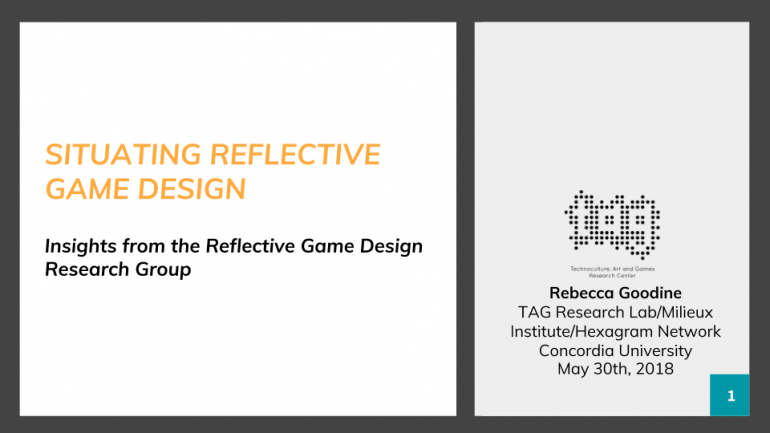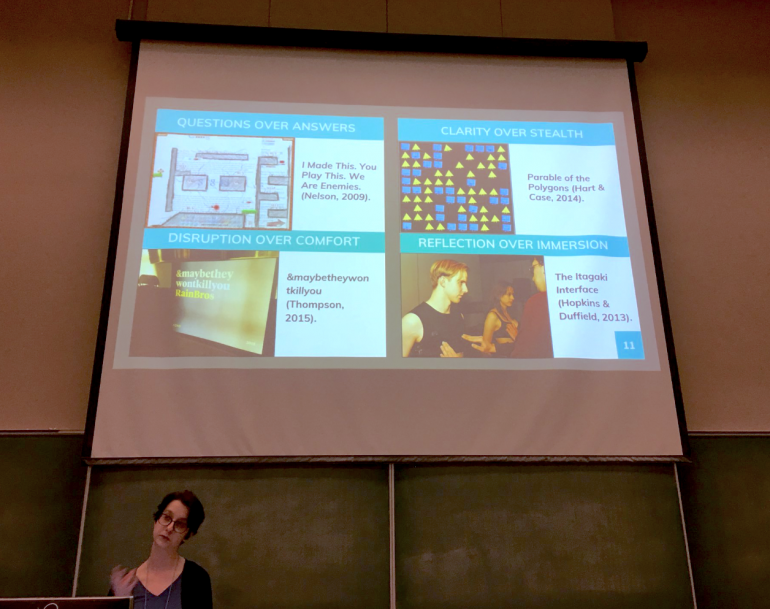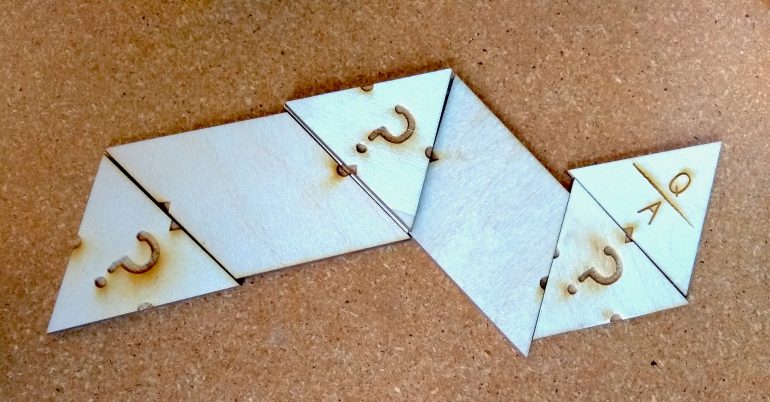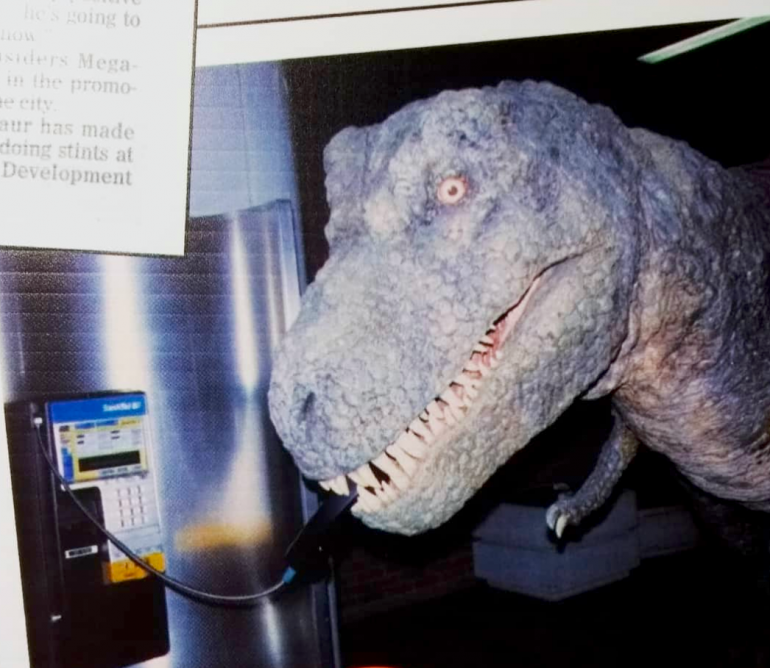I recently returned from Regina, Saskatchewan where I was presenting my work at CGSA 2018 alongside the rest of the Reflective Game Design Research Group, a collective of individuals working with Dr. Rilla Khaled to better understand reflection as it applies to Reflective Game Design. I assisted in leading the panel with my talk called “Situating Reflective Game Design,” which aimed to both broach this idea of reflection and to share some of the research-creation work we have been doing to better understand it.

Although “reflection” is a word that we all likely have some general idea about what it means, the concept is actually a surprisingly rich one that holds varying definitions across different disciplines. Through our research group’s interdisciplinary approach, we have however noticed that there are areas where an expanded notion of reflection intersects in ways that can be particularly interesting for games. Looking into education, design, and theatre has helped us define reflection as an act of situational reframing that repeatedly builds and negotiates values, beliefs, and abilities.
Education broadly uses reflection as a means of testing and teaching student abilities, in and outside of a classroom setting. Theatre – particularly political and educational approaches – uses reflection to negotiate and interrogate dialectal hierarchies that exist in an audience/participant performance structure. Design uses reflection as a means of prompting reflection around a design object, situation, or problem on the part of designers and/or users. These three areas in turn can be related to reflective game design, “a new alternative design agenda from which to design, deconstruct and make sense of play experiences (Khaled, 2018).” This approach to game scholarship involves four general design approaches; “questions over answers,” “clarity over stealth,” “disruption over comfort,” and “reflection over immersion.”
 Photo credit: Kara Stone
Photo credit: Kara Stone
Although an interdisciplinary definition of reflection helped to expand upon these principles of reflective game design, our team was left asking – how can we explicitly analyze and design games with reflection in mind? Our response to this question was to use original research-creation documentation as reflective game design research, and to develop a toolkit to assist others in reflective game analysis and design. My role in the reflective game design research group largely revolved around working on the latter approach.
My first attempts at this goal were to produce a series of 2D flow chart graphics which tried to represent where a player’s reflective influences were coming from. These drawings quickly started to suffer from the complexity they were trying to address on their own; a cross section of variable game elements, tensions, and design devices that could work to create a reflective space. This work eventually moved into 3D space and turned into the idea for a reflective game which would allow players to describe some of the reflective tensions we were finding. The most recent iteration of this game is one that uses different game modes and rulesets depending on the purpose of play; for debrief, design, or analysis. The work has players continuing to prompt each other about a given subject until the entire horizon of reflective play is discussed and branched as far as it may go.

 Designs for the reflective game WIP
Designs for the reflective game WIP
Being able to share this work at CGSA 2018 was an extremely rewarding and enjoyable experience. Due to our team’s close working nature, the panel went smoothly and we were all able to build upon each other’s responses during a productive post panel question and answer session. It was also encouraging to hear from educators privately after my presentation about their interest in reflection as a pedagogical tool, which is an area I am particularly focused on in my thesis work. This had been my largest research presentation done outside of a university context to date, and I am grateful to have had the opportunity to improve my research dissemination skills in a constructive environment of peers.
And in my downtime I got to meet quite literally Regina’s biggest celebrity, Megamunch.
 Dialling numbers is tricky, but he makes it work.
Dialling numbers is tricky, but he makes it work.
